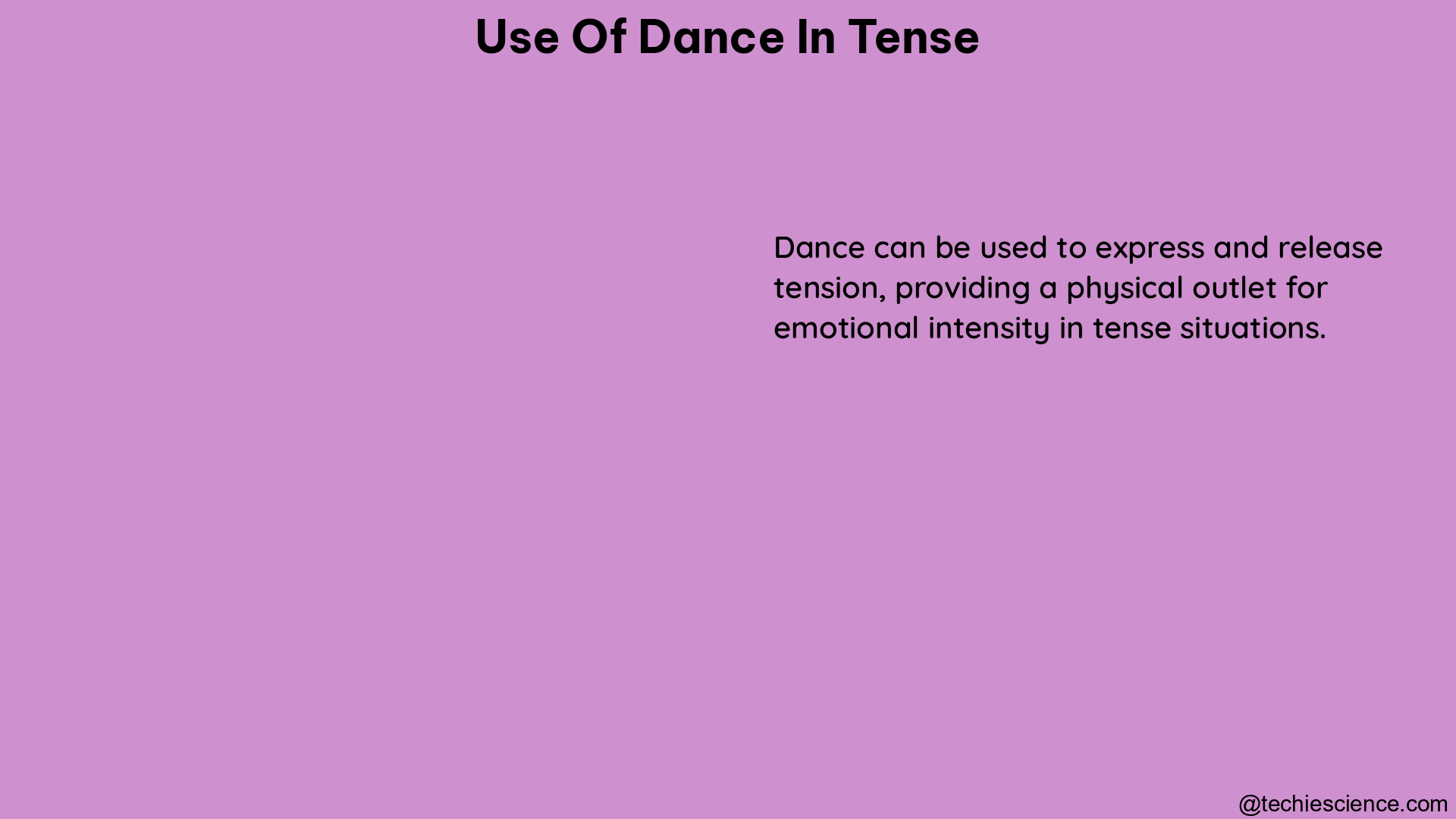The use of the verb “dance” in English grammar involves a wide range of tenses, conjugations, and grammatical forms. This comprehensive guide will provide you with a detailed understanding of how to properly use “dance” in various tense structures, along with specific examples and common mistakes to avoid.
Infinitive Form
The infinitive form of the verb “dance” is “to dance.” This is the base form of the verb and is used to express the general action of dancing, regardless of time or subject.
Example: “She loves to dance at any opportunity she gets.”
Present Tense

The present tense forms of “dance” are as follows:
- I dance
- You dance
- He/She/It dances
- We dance
- You dance
- They dance
These forms are used to describe general truths, habits, and routines related to dancing.
Example: “I dance every weekend at the local club.”
Past Simple Tense
The past simple tense forms of “dance” are:
- I danced
- You danced
- He/She/It danced
- We danced
- You danced
- They danced
These forms are used to describe actions of dancing that were completed in the past at a specific time.
Example: “She danced gracefully at her wedding, captivating all the guests.”
Past Participle
The past participle form of “dance” is “danced.” This form is used in conjunction with auxiliary verbs such as “have,” “has,” and “had” to form perfect tenses, such as the present perfect and past perfect.
Example: “The new choreography has been danced beautifully by the entire troupe.”
Present Perfect Tense
The present perfect tense forms of “dance” are:
- I have danced
- You have danced
- He/She/It has danced
- We have danced
- You have danced
- They have danced
These forms are used to describe actions that started in the past and continue up to the present.
Example: “She has danced at many international festivals.”
Past Perfect Tense
The past perfect tense forms of “dance” are:
- I had danced
- You had danced
- He/She/It had danced
- We had danced
- You had danced
- They had danced
These forms are used to describe actions that were completed before another action in the past.
Example: “Before moving to New York, he had danced with several famous ballet companies.”
Future Tense
The future tense forms of “dance” are:
- I will dance
- You will dance
- He/She/It will dance
- We will dance
- You will dance
- They will dance
These forms are used to describe actions of dancing that will occur in the future.
Example: “By next year, they will have danced together for a decade.”
Future Perfect Tense
The future perfect tense forms of “dance” are:
- I will have danced
- You will have danced
- He/She/It will have danced
- We will have danced
- You will have danced
- They will have danced
These forms are used to describe actions of dancing that will be completed at a specific point in the future.
Example: “By next year, they will have danced together for a decade.”
Passive Voice
The passive voice forms of “dance” are:
- Was danced
- Were danced
These forms are used to describe actions of dancing that are performed upon the subject.
Example: “The final piece was danced beautifully by the lead pair.”
Adjective Form
The adjective form of “dance” is “danced.” This form is used to describe a noun related to dancing.
Example: “The danced routine captivated everyone in the audience.”
Common Mistakes
One common mistake when using “dance” in tense is using the incorrect verb form, such as using “danced” instead of “dance” in the present tense. This can lead to grammatical errors and confusion.
Conjugation Tables
Detailed conjugation tables for the verb “dance” can be found in various resources, such as:
- Writing English
- WordReference.com
- Gymglish
Examples and Exercises
Additional examples and exercises related to using “dance” in tense can be found on websites like Preply.
References
- https://promova.com/past-tense-of/dance
- https://www.writingenglish.com/cverbs/dance.htm
- https://www.wordreference.com/conj/enverbs.aspx?v=dance
- https://www.gymglish.com/en/conjugation/english/verb/to_dance
- https://preply.com/en/question/what-is-dance-past-tense-60119
Hey! I am Arpita Bose Roy. My qualifications are M.A. in English with B. Ed. in both general education and special education. I have 2 years of experience as a “language analyst” at IIT Kharagpur and 4 years of experience as an “Academic Content Developer” at IIT Kharagpur. Currently, I am working as an academic writer at Lambdageeks.